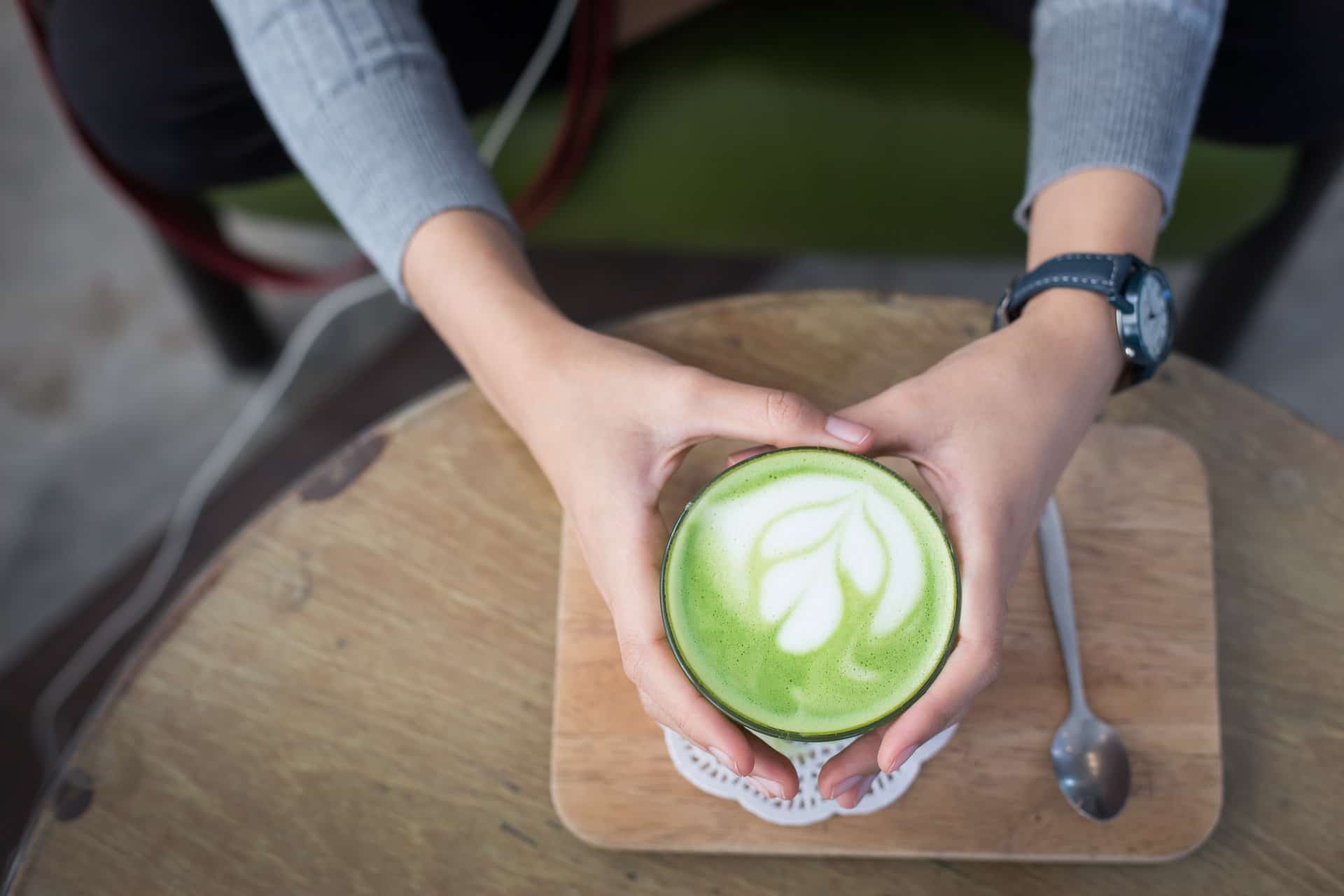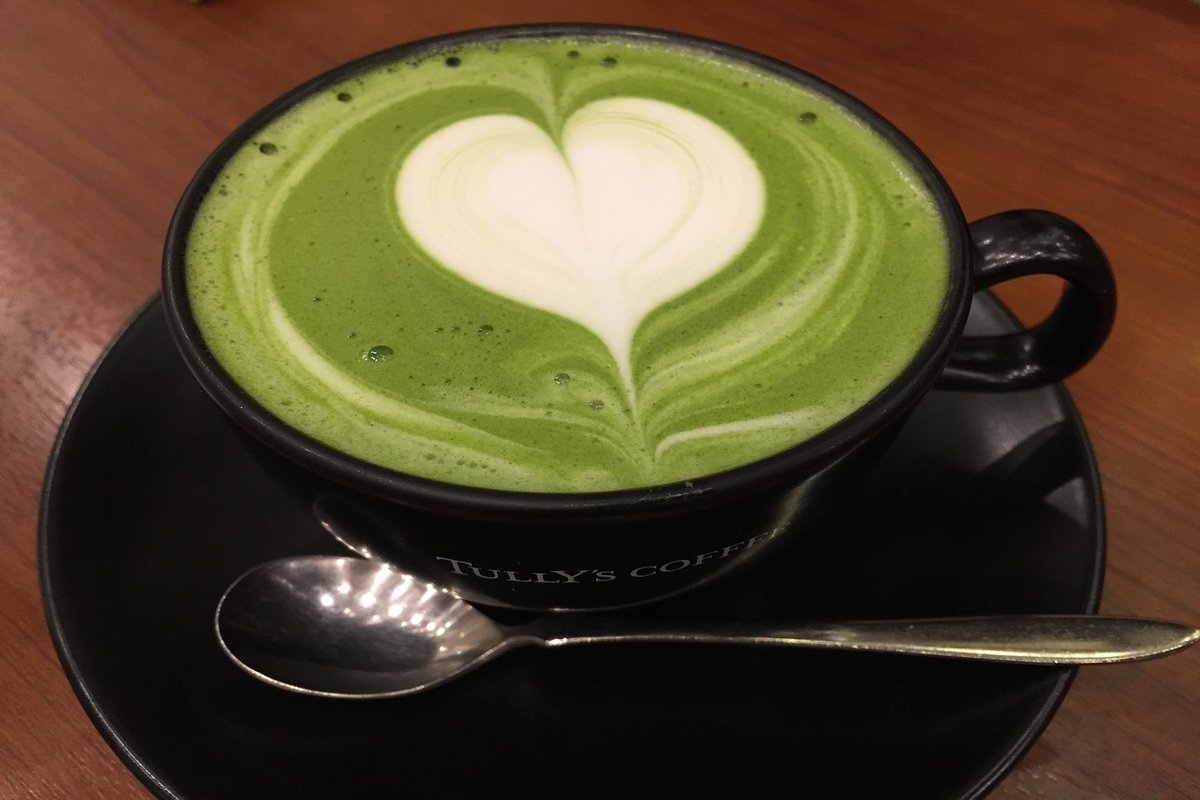Originating from China’s Tang Dynasty and later refined by Japanese Zen monks, Matcha encompasses a remarkable blend of history and cultural tradition. This bright green tea powder, known as Matcha tea, is crafted with precision and care. It holds a special place in the traditional Japanese tea ceremony “Chanoyu,” representing harmony, respect, purity, and tranquility.
The matcha tea is a type of tea powder obtained from grinding the leaves of green tea, formerly in a stone mill. The plant is previously covered before collecting the leaves, disproving them from stems and branches, drying them and crushing them. All this determines that characteristic intense green color and its antioxidant properties.
This article unravels the fascinating world and nourishing health benefits of Matcha tea.
Table of Contents
The Art of Preparing Matcha Tea
The preparation of Matcha tea is an art form in itself, demonstrated beautifully in the traditional Japanese tea ceremony. Revered as a meditative ritual, it involves meticulous steps; from warming the bowls, to using a chashaku (bamboo scoop) to measure the Matcha, and a chasen (bamboo whisk) to work up a frothy infusion. This process embodies simplicity, mindfulness, and the pursuit of perfection – truly echoing Zen philosophy.
How to Prepare Matcha Tea at Home
Bringing this art into your home may seem daunting, but with a little guidance and practice, preparing Matcha can become your own calming ritual. Here’s how:
1. Sift 1-2 scoops (1-2 grams) of Matcha tea powder into a bowl for uniform consistency.
2. Pour 70-90ml of hot water (just below boiling point) into the bowl.
3. Whisk vigorously in a ‘W’ or ‘M’ motion using a bamboo whisk until a fine froth appears on the surface.
4. And voila! Your homemade Matcha tea is ready to serve.
Health Benefits of Matcha Tea

Drinking Matcha tea goes beyond a delightful ceremonial ritual; it offers a plethora of health benefits:
1. Rich in Antioxidants: Matcha is jam-packed with catechins, potent antioxidants that help combat cellular damage and potentially reduce the risk of chronic diseases.
2. Enhances Brain Function: L-Theanine in Matcha promotes alertness, improved memory, and cognitive function, all while maintaining a state of calm and relaxation.
3. Supports Heart Health: Regular Matcha tea consumption has been associated with lower cholesterol levels, fostering overall heart health.
4. Helps Weight Loss: Matcha tea boosts metabolism and fat burning, becoming a natural ally in weight management.
5. Detoxifying Effect: Thanks to chlorophyll, a powerful detoxifier, Matcha helps cleanse the body’s cells.
Tea catechins
Catechins are bioactive compounds found especially in tea leaves, either in infusion (as they are water-soluble) or in tea powder that is used for matcha tea.
Catechins are a type of polyphenols, which are part of flavonoids and tannins, also present, for example, in wine.
Therefore, catechins are antioxidants that counteract free radicals that can damage DNA and adversely affect health. In this sense, the consumption of green tea has been related to antidiabetic, anti-obesity, hypocholesterolemic, anti-inflammatory, anticarcinogenic, probiotic and antimicrobial effects.
Some of these effects have been studied extensively in experiments in vitro and with animals, but they need to be ratified in humans.
Catechins appear in greater quantity in green tea due to their minimal processing.
Green tea (and black) in the prevention of cardiovascular diseases
Few long-term studies analyze the effects of tea in the prevention of cardiovascular diseases.
The limited evidence suggests that tea has a favorable impact on cardiovascular risk, but due to the small number of studies.
The results should be treated with caution while waiting for high quality and more extended studies to confirm it.
Green tea for the loss and maintenance of weight in adults
The green tea appears to induce a small weight loss in overweight and obese adults, but this loss cannot be classified as clinically relevant.
L-theanine in matcha tea
L-theanine is an amino acid present in tea leaves (and therefore present in tea powder) which is attributed the romantic effect of causing a ‘calm alert,’ as opposed to the exciting effect of caffeine. This effect is referenced in the legends about tea and the Buddhist monks who consume it since ancient times.
Some of these studies indicate an improvement of symptoms related to anxiety in schizophrenic patients or improvements in sleep parameters in children with attention deficit hyperactivity disorder (ADHD).
Conclusion
In conclusion, Matcha isn’t just a tea; it’s a holistic experience that celebrates mindfulness and provides abundant health benefits. From its historic cultural roots in China and Japan, through the heartwarming preparation process, to diving into its impressive nutritional profile, Matcha takes you on a journey of exploration where every sip offers goodness.
The holistic benefits of Matcha tea extend far beyond its pleasantly stimulating taste. Its rich array of antioxidants, fiber, amino acids, and numerous other nutrients, topped with evidence-backed health advantages – cognitive enhancement, heart health support, weight management, detoxifying properties (and the list goes on) – positions Matcha as a superfood well-worth adding to your daily regimen. So open your senses and embrace the invigorating world of Matcha tea in every cup, there lies a promise of wellness.
Also Read:

